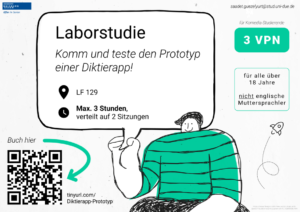The aim of CoCreate is to design and deliver innovative learning designs for Higher Education that promote creativity and entrepreneurship. We explore the potential of hackathons for a) facilitating hands-on problem-based and collaborative learning in Higher Education courses; b) scaffolding students in acquiring critical skills for innovation and entrepreneurship; and c) supporting civic engagement by encouraging students to solve real-world challenges beyond their curricula.

Imprint/Impressum – University Duisburg-Essen, LF Building, Lotharstr. 65, 47057 Duisburg, Germany
Copyright © 2024 – colaps